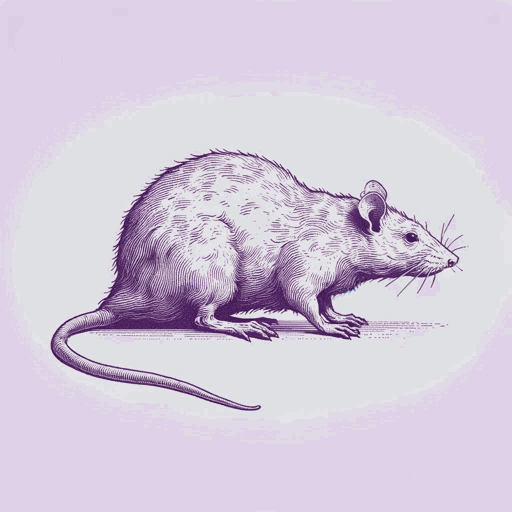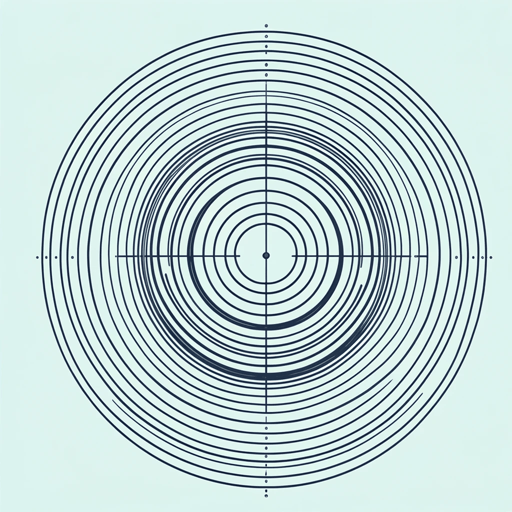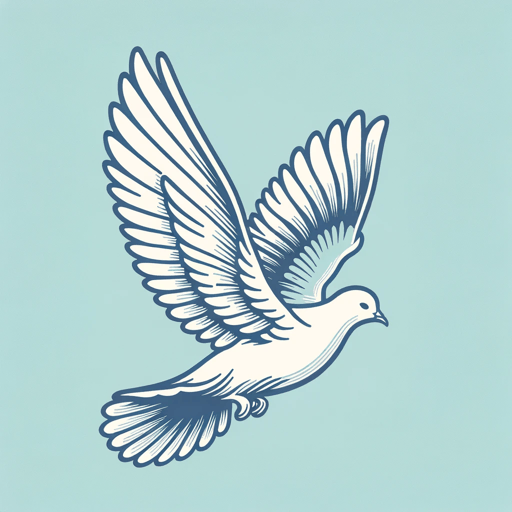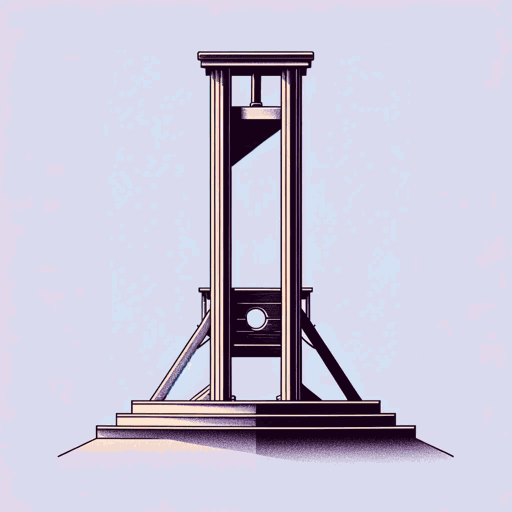42 pages • 1 hour read
Albert CamusThe Plague
Fiction | Novel | Adult | Published in 1947A modern alternative to SparkNotes and CliffsNotes, SuperSummary offers high-quality Study Guides with detailed chapter summaries and analysis of major themes, characters, and more.
Important Quotes
“The truth is that everyone is bored, and devotes himself to cultivating habits. Our citizens work hard, but solely with the object of getting rich. Their chief interest is in commerce, and their chief aim in life is, as they call it, ‘doing business.’”
(Part 1, Pages 1-2)
This passage provides a revealing characterization of Oran’s residents. Living in a city described as “soulless” and “uninspiring,” Oran’s inhabitants spend their time developing superficial rituals, the most prominent of which is engaging in commercial ventures simply to accumulate wealth. Ultimately, their lives lack the depth that comes with cultivating inner qualities and convictions.
“The local press, so lavish of the news about the rats, now had nothing to say. For rats died in the street; men in their homes. And newspapers are concerned only with the street.”
(Part 1, Page 18)
One of the work’s numerous references to the press, this passage emphasizes the extent to which Oran’s primary source of public information often misleads the public. When diseased rats first run rampant in the city, newspapers heavily report their presence; however, now that the novelty of this news event translates into human death, the press, uninterested in sharing public events likely to cause widespread panic—and ultimately controlled by city authorities—backs off from notifying residents of the incipient epidemic.
“Everybody knows that pestilences have a way of recurring in the world, yet somehow we find it hard to believe in ones that crash down on our heads from a blue sky. There have been as many plagues as wars in history, yet always plagues and wars take people equally by surprise.”
(Part 1, Page 18)
Not only does this passage speak to the atemporal and ubiquitous nature of plagues, but it also underscores the reality that people tend to react to a mass epidemic as if it has descended ex nihilo upon them. Also, with war grouped together with plague, the passage establishes the framework for understanding Oran’s plague as an allegory for the advent of Nazi Germany during World War II.
Related Titles
By Albert Camus








